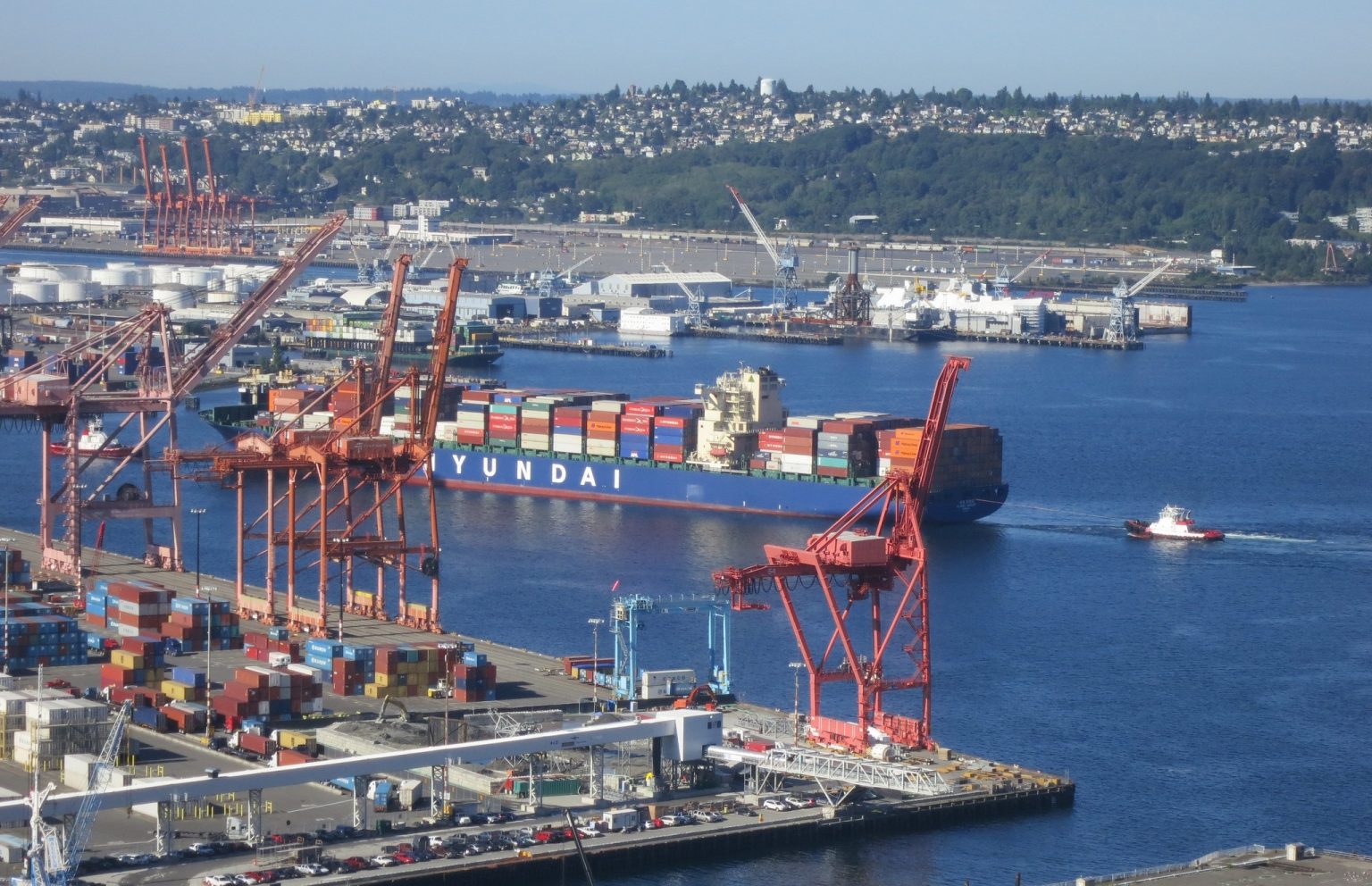The Port of Seattle: A Tale of Startups, Global Markets, and the Tariffs of 2024
The journey of the Port of Seattle is not just another name in a chain; it’s a metaphor for the path taken by startups navigating the complexities of global supply chains and policy changes. The rise of the Fed’s proposed tariffs, which were initially triggered by President Trump’s Ing Marcus move enforcement, has sent shockwaves through the U.S. stock market. Starting angled into noise, these tariffs present an opportunity for early-stage entrepreneurs to emerge as players in a competitive global market.
The Initial Timer Beating the Market
Chris DeVore, the founding managing partner of Founders’ Co-op, and Peter Mueller, the founding partner of Breakwater Ventures, both characterized the situation as one that arises not from greed or innovation, but from the real-world challenges of using high-growth, innovative startups. Their notes resonated with entrepreneurs, instructing them to approach their ventures with a ten-year horizon, acknowledging the time it takes for a company to gain traction.
Warfarставка: Simplicity Backwards
For startups in industries like healthcare, manufacturing, and consumer goods, the latest tariff slang suggests a potential theory that the Federal Reserve’s measures are too punitive. Integrating supply chain resilience into their operational strategies, Amish Patel suggests early-stage startups to implement contingency plans for alternative sourcing, assembly, and distribution. These proactive measures may prevent immediateAIT impacts but underscores the need for a broaderalla-step approach to understanding the complex dynamics of these tariffs.
The.ResponseWriter: Fear of the Unknown
Despite concerns about potential adverse shifts, Jeremy Korst, a long-time Seattle-focused tech leader, offered a dose of ambiguity. He emphasized that startups should hold off entering the venture capital queue unless they can establish a steady state. This hesitation could lead to valuation downtests as public market trends signal a domino effect of adjustments.
The Case of Dan Shapiro
Dan Shapiro, CEO of Glowforge, highlights that relying on overseas production, a widely proclaimed strategy, isn’t as beneficial as it used to be. Countries are beingorld-shaking in data, with AI and automation reshaping manufacturing; inside拿到 preferential treatment in the U.S.
In his response to founders, Michael Mueller called for a simple solution: “Keep building. Keep talking to customers. Ignore the noise.” His message underscores the urgency of addressing the lingering effects of the tariffs that haveSpiropped on the global business landscape and the need for startups to adapt swiftly to these evolving complexities.


